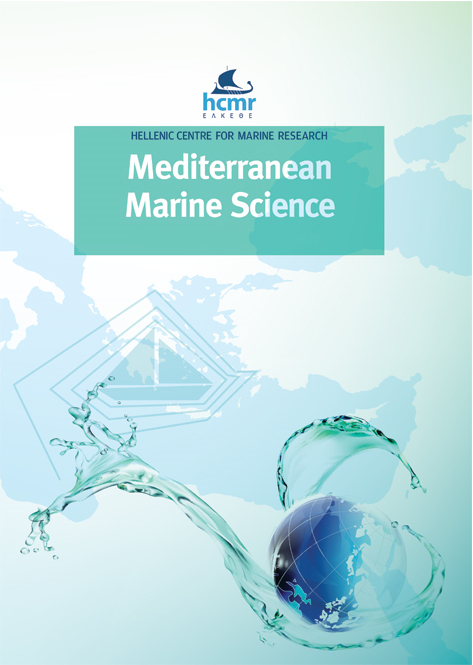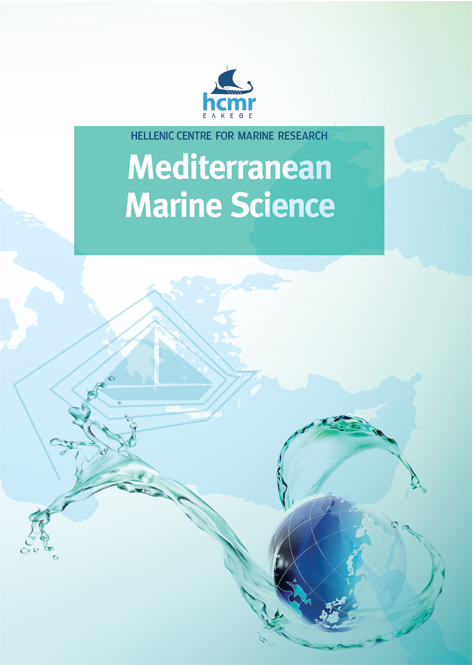Impact of ocean acidification and warming on the feeding behaviour of two gastropod species
Resumen
Increased atmospheric CO2 produced by anthropogenic activities will be absorbed by the oceans over the next century causing ocean acidification and changes in the seawater carbonate chemistry. Elevated CO2 causes sublethal physiological and behavioural responses on the locomotion and foraging behaviour of marine organisms. This study aims to investigate the independent and synergistic effects of long term exposure to low pH and increased temperature on the feeding behaviour of two gastropod species, Hexaplex trunculus and Nassarius nitidus, both in adults and juveniles. Gastropods were maintained under controlled conditions of temperature (ambient = 20°C, increased = 23°C) and pH (ambient = 8, low = 7.6) for 2.5 years. The percentage of animals which successfully reached their food, the response time until gastropods began moving, the total duration until they reached food and the total distance covered, were measured. Speed and path index (i.e how straightforward the movement is) were estimated as means of foraging efficiency. Increased temperature (under ambient pH) resulted in faster responses, a shorter duration until food was reached and a higher speed in H. trunculus adults. H. trunculus (both adults and juveniles) were less successful in reaching their food source under low pH and ambient temperature in comparison to all other treatments. The response time, duration, speed and path index were not affected by low pH (at ambient or increased temperature) for H. trunculus adults and juveniles, as well as for N. nitidus. The foraging performance of juveniles hatched and developed under low pH (either at ambient or increased temperature) was more effective than adults of the same species, thus indicating a degree of acclimation. Also, the scavenger N. nitidus was more successful and responded faster in reaching carrion than the predator H. trunculus, whereas no significant effects were observed for N. nitidus under low pH.
Article Details
- Cómo citar
-
CHATZINIKOLAOU, E., GRIGORIOU, P., MARTINI, E., & STERIOTI, A. (2019). Impact of ocean acidification and warming on the feeding behaviour of two gastropod species. Mediterranean Marine Science, 20(4), 669–679. https://doi.org/10.12681/mms.19187
- Sección
- Special Issue MEDIAS
Authors who publish with this journal agree to the following terms:
- Authors retain copyright and grant the journal right of first publication with the work simultaneously licensed under a Creative Commons Attribution Non-Commercial License that allows others to share the work with an acknowledgement of the work's authorship and initial publication in this journal.
- Authors are able to enter into separate, additional contractual arrangements for the non-exclusive distribution of the journal's published version of the work (e.g. post it to an institutional repository or publish it in a book), with an acknowledgement of its initial publication in this journal.
- Authors are permitted and encouraged to post their work online (preferably in institutional repositories or on their website) prior to and during the submission process, as it can lead to productive exchanges, as well as earlier and greater citation of published work (See The Effect of Open Access).






